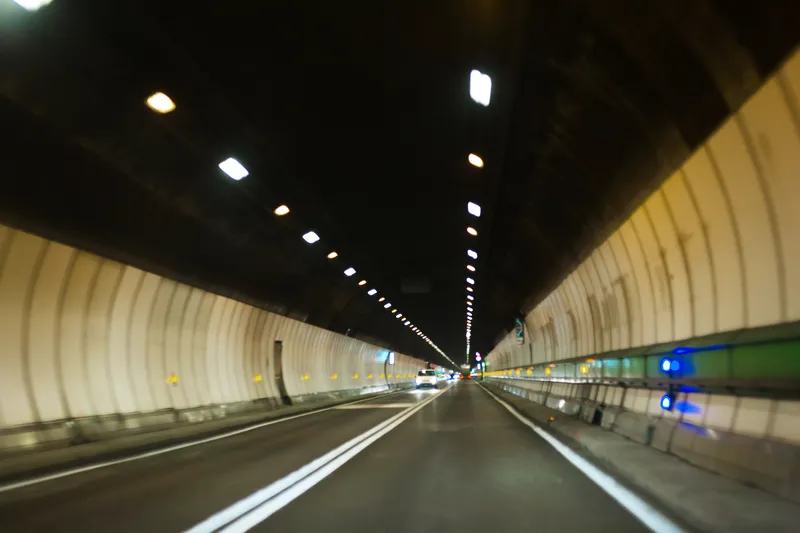According to a report by ACI and Istat, the number of accidents involving two-wheeled vehicles in Italy fell 9% year-on-year in 2010 to 74,367 incidents. The number of deaths has fallen 20% since 2007, although 103 motorcyclists were killed by collisions with fixed objects.
April 25, 2012
Read time: 2 mins
According to a report by ACI and 4168 Istat, the number of accidents involving two-wheeled vehicles in Italy fell 9% year-on-year in 2010 to 74,367 incidents. The number of deaths has fallen 20% since 2007, although 103 motorcyclists were killed by collisions with fixed objects. The number of deaths among moped riders has dropped 56% since 2003. The trends have been attributed to improved safety awareness due to changes to the highway code and the introduction of new safety innovations by manufacturers. Helmet use for powered two wheeler riders is now compulsory in Italy and after a slow start, the police have also started to be more diligent with regard to enforcement. However the high death rate amongst motorcyclists being killed by fixed roadside objects is of concern. This highlights the fact that road safety measures rarely take heed of the needs of powered two wheeler riders. The problem also highlights the need for the Europe-wide introduction of a new amendment to safety barrier regulations that would require the fixed posts of barriers to be shrouded in such as way as to provide protection to powered two wheeler riders. At present only Spain has such a requirement and it is no accident that the country’s fatality rate amongst motorcyclists has fallen dramatically since the requirement was introduced. In the rest of Europe however, petty in-fighting, incompetence, squabbling and political manoeuvring between politicians have resulted in delays to the introduction of similar regulations as seen in Spain that would save needless deaths and crippling injuries to large numbers of motorcyclists every year. In contrast Europe’s politicians are debating whether to introduce new anti-tampering requirements to motorcycles that would clamp down on owner modifications after purchase, despite the fact that there is no statistical evidence that this would result in any safety benefits whatsoever.







